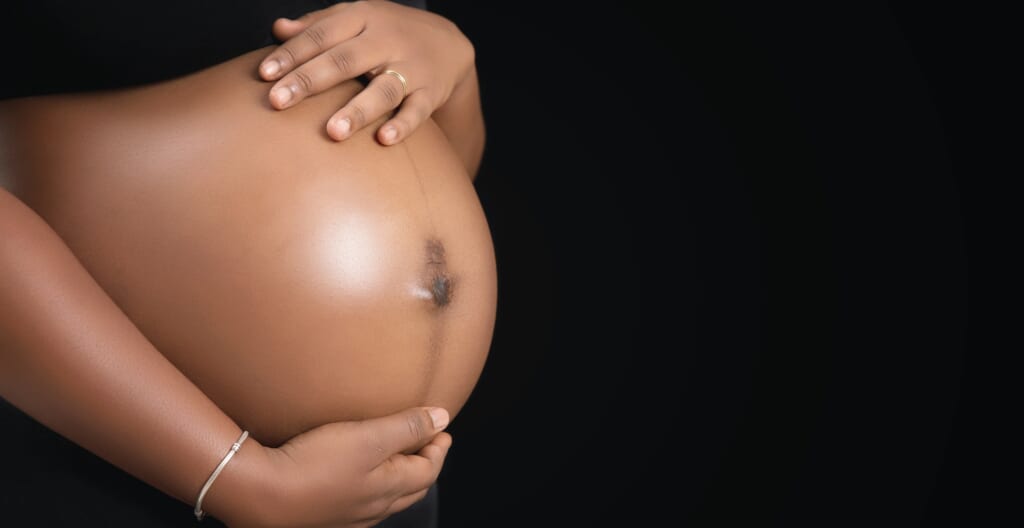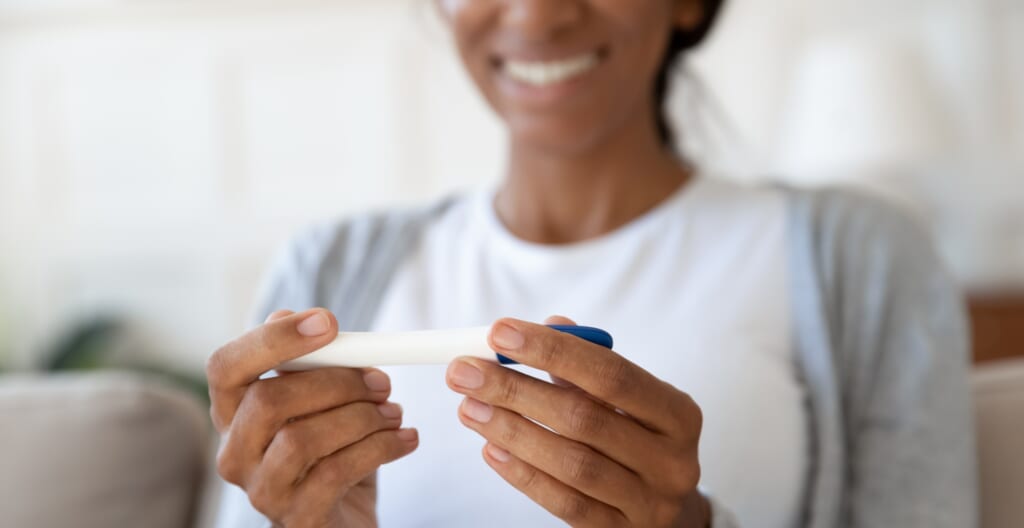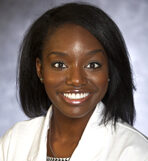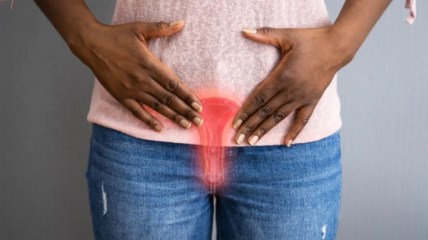I’ve never been pregnant before. Does that mean I am not able to get pregnant?
Women who have had irregular periods, are over 35 and have endometriosis may find it harder to get pregnant.
Many women spend the early parts of their sex lives doing things to avoid pregnancy. When you’re finally ready to have a child, you may have questions about your chances of getting pregnant. Here’s what you need to know when it comes to fertility.
On average, a healthy woman in her 20s with regular menstrual cycles has about a 25 percent chance of conceiving each month. The number drops to about 20 percent for women in their early 30s. This number can seem very high if you do not want to get pregnant, but not high enough when you’re ready for a baby.
Most couples will conceive within the first six months of trying. However, with each month you try, the probability of getting pregnant slightly decreases.

So, how do you know if you need to see a doctor? One of the first signs would be if your menstrual cycles are irregular. A typical menstrual cycle ranges between 21 to 35 days. If your cycle is outside of this window, you may not be ovulating regularly, making it more difficult to conceive. Women with irregular cycles should see their OBGYN or reproductive fertility specialist.
Other risk factors for infertility include being over 35, endometriosis, a history of pelvic infection, prior ovarian surgery or a family history of early menopause. For women under 35, see your OBGYN if you have been trying to conceive unsuccessfully for over one year. If you are 35 and over, see your doctor for an evaluation after six months of trying unsuccessfully. Women with infertility risk factors should consider seeing their OBGYN even sooner.

There are things you can do to optimize natural fertility. Identifying your fertile window is one of the most important ways to do this. The “fertile window” spans the six days preceding ovulation and ends on the day of ovulation. Women tend to have a specific change in the look and volume of cervical mucus at this time. There are several apps available to help keep track of your cycle, but you can also use a calendar. Over-the-counter ovulation predictor kits are also useful to identify the fertile window.
By having intercourse every other day during the fertile window, you have the best chance of conceiving during each month. Some studies show that less frequent intercourse, such as two or three times per week, may also be beneficial. Unlike a woman’s egg that only survives for about 24 hours after ovulation, a man’s sperm can survive in the body for up to five days after ejaculation. Therefore, the goal is to have the sperm waiting for the egg’s arrival.

Other ways to improve chances of conception are to maintain a healthy lifestyle. If you are a smoker, this is the perfect time to quit. Smoking cigarettes is not only linked to higher rates of infertility but also correlates with an increased risk of miscarriage. High alcohol consumption — greater than two drinks per day — has also been linked with greater difficulty conceiving.
In addition, it is recommended to avoid high levels of caffeine due to its effects on fertility. So, keep it to one or two cups of coffee per day. During intercourse, the sexual position does not matter. However, certain lubricants can negatively impact sperm motility. If needed, use a fertility-friendly lube like Pre-Seed or ConceivEase.
If you’re ready to get pregnant, start taking a daily prenatal vitamin and schedule a preconception appointment with your OBGYN. This appointment is a perfect time to get prepared not only for conception but also the upcoming pregnancy. Happy baby-making!

Dr. Renita White is a board-certified obstetrician/gynecologist and women’s health expert. She currently practices at Georgia Obstetrics and Gynecology in Atlanta, Georgia. She earned her undergraduate degree at Duke University. She then went on to serve as a Congressional Hunger Fellow, where she focused on the impact of nutrition and food disparities on chronic illness. She earned her medical degree at The Ohio State University. She then moved back to her home state of Georgia to do her residency in obstetrics and gynecology at Emory University. She cares for women all over the metro Atlanta area. Dr. White is the co-host of Cradle and All, a podcast about pregnancy, motherhood, and womanhood. In her spare time, she enjoys traveling and spending time with her husband and two sons. You can follow her on Instagram at @renitawhitemd.
Have you subscribed to the Grio podcasts, ‘Dear Culture’ or Acting Up? Download our newest episodes now!
TheGrio is now on Apple TV, Amazon Fire, and Roku. Download theGrio today!



